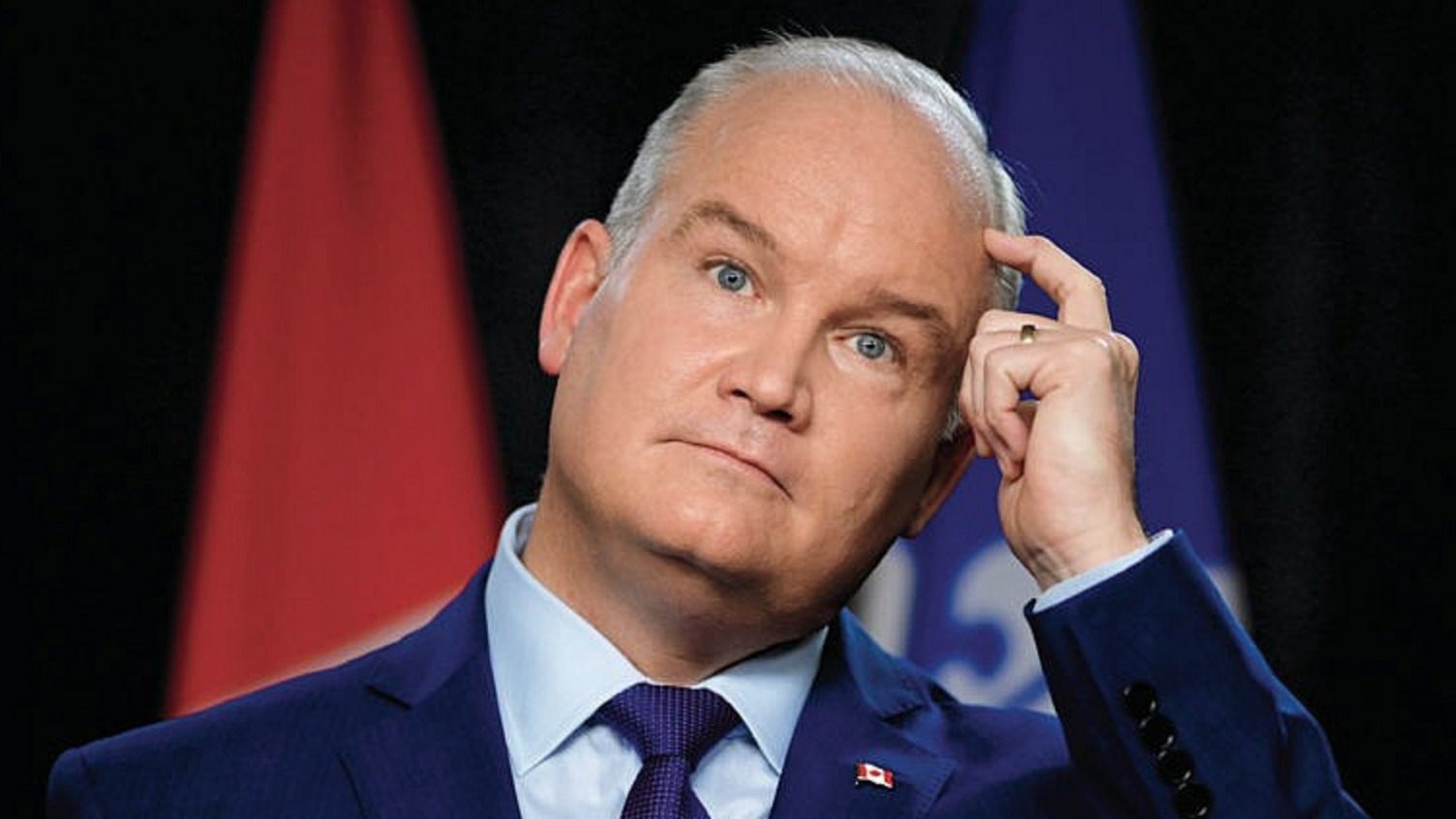Generally-speaking, when it comes to public affairs, the media tends to focus on what I like to call the "politics of politics."
That's to say, journalists who cover politics love to speculate endlessly on "gossipy" stuff like, who's behind who in the polls, and who's endorsing whom and who's trying to stab who in the back and who is raising money and who isn't.
As a matter of fact, you can see this sort of reporting happening right now with Conservative Party leader Erin O'Toole.
Headlines such as "O'Toole's pitch to get Conservatives to embrace 'change' may be off to a shaky start" and "How Erin O'Toole allegedly sidelined Peter MacKay's plan to run in next election" and "Conservative Party initiates proceedings to dissolve Sloan's riding association" have been splashed across social media.
Why does the media like this sort of stuff?
Well, for one thing, it's a lot more fun and interesting to write about, say, the Conservative Party's internal divisions, than it is to report about O'Toole's latest proposals on infrastructure spending reform.
But more importantly, you need to keep in mind that, above all else, the media likes to create narratives.
After all, at their heart, most journalists are storytellers, they like to spin good yarns.
In the case of O'Toole, for instance, since the polls say he's scuffling a bit and apparently not catching on with Canadians, the media feels it has to come up with an interesting narrative to explain why this is so.
Hence, they focus on the "politics of politics", and spend much time and effort exposing internal Conservative Party conflicts and emphasizing personal feuds and dissecting the party's communications strategy.
For the media, all this sort of backroom stuff is endlessly fascinating.
Yet, for most people, who live outside the Ottawa bubble and who don't dwell within the media's echo chamber, much of this sort of reporting is meaningless.
Indeed, when it comes to political news, you have to assume, as a political consultant friend of mine used to say, that "nobody knows anything about anything."
That's because a huge chunk of the voting population doesn't even follow political news; they don't watch public affairs programs or read political columns or follow media personalities on Twitter.
Such people are likely not concerned too much about O'Toole's standing in the polls or about his relationship with Peter MacKay or about his battles with Derek Sloan.
Heck, a lot of them probably couldn't even pick O'Toole out of a line up.
The fact is, and this is something the media never truly understands, the number of people who actively and intensely follow political news is actually pretty tiny.
So, what does this mean if you want to make a career in politics?
Well, first off, it means if the media is chattering about some negative aspect regarding you or your client, and it's just "politics of politics" stuff, don't overreact, don't panic.
Odds are, ten miles outside of Ottawa, nobody really cares about it.
Also, if you want to catch the media's attention, don't release a 500-page report detailing your planned foreign policy initiatives, as that'll end up on page 75.
Instead, if you want front page material, pitch something to the media that's "politics of politics."
In other words, release a poll or pick a fight or brag about your fundraising prowess or make an endorsement.
In short, find a place for yourself in the media's narrative.
My point is, since you can't change the rules, understand the media's game and learn how to play it.
Photo Credit: CBC News








